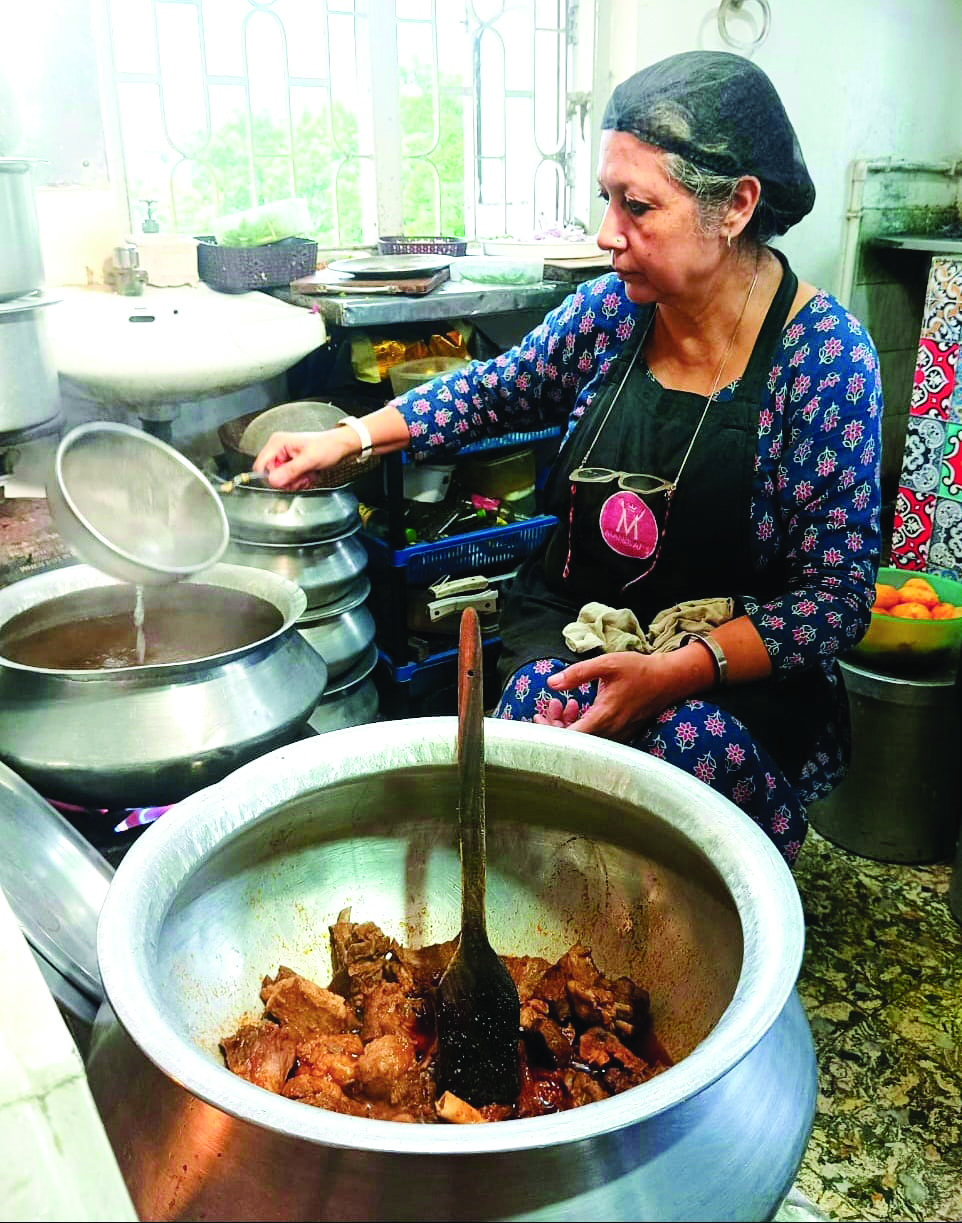Kolkata’s Nawabi Eid, a colourful celebration of harmony

In 1856, Nawab Wajid Ali Shah, the last Nawab of Oudh, was exiled by the British to Calcutta. Accompanied by 6,000 loyal people, the Nawab established a miniature Lucknow in the areas of Metiabruz and Garden Reach. Here, he built 18 palaces, and a zoo, and brought with him the rich cultural traditions of Lucknow.
Among the cherished customs brought by the Nawab were ‘kabootarbaazi’ (pigeon flying), cock-fighting, and kite-flying. The unique Lucknow gharana of Kathak and Thumri thrived, along with the exquisite
Chikan garments. However, it was the iconic biryani that became a symbol of this cultural fusion.
In a room within the grand Wasif Mazil in the bustling Park Circus, Shahanshah Mirza, the great-great-grandson of Nawab Wajid Ali Shah, recounts the significance of Eid ul-Zoha (Eid al-Adha), also known as Bakra Eid or the Feast of Sacrifice. He explains that it commemorates the devotion of Prophet Ibrahim and his willingness to sacrifice his son Ishmail as an act of obedience to Allah. In Ibrahim’s moment of sacrifice, Allah replaced Ishmail with a lamb, cementing the tradition of sacrificing animals during this Eid.
“The Qurbani meat is divided into three parts; one part is distributed amongst the needy, the second is given to friends, relatives and neighbours, and the third part is cooked for one’s own home,” says Shahanshah Mirza.
Shahanshah Mirza, who serves as a senior GST officer in the Ministry of Finance and is an active social and environmental advocate, fondly recalls the changes in Eid celebrations over the years. While festivities were once a week-long affair filled with joy and camaraderie, the advent of technology and academic pressures have transformed them into one-day events.
Additionally, with family members scattered across the globe, reunions have become infrequent. Shahanshah eagerly looks forward to the special Eid prayer, which serves as a reunion for close friends and family. “Be it Diwali, Holi or Eid, festivals were celebrated in Metiabruz with great fervour, as the spirit has always been to unite people of all communities and religions,” says Mirza as he smiles.
The Nawab’s commitment to secularism remains a cherished aspect of his legacy. Manzilat Fatima, one of Nawab’s great-great-granddaughters and a renowned foodpreneur, continues this tradition by offering delectable Awadhi cuisine at her restaurant, Manzilat’s, located in Kasba Industrial Estate. Inspired by her family’s culinary heritage, Manzilat passionately cooks dishes rooted in the recipes of the Royal Family of Awadh.
She says: “Cooking for my family and friends was always a pleasure for me. Initially, I was hesitant but gradually I started doing small orders on special requests. Recognition from various food forums, television and print media started pouring in, giving me the necessary push to take up the Home Chef title. It feels so good to see how people have fondly responded to my efforts as an inheritor of the recipes of the Royal Family of Awadh in Kolkata. The food I cook today is completely downloaded to me by my Amma, who in turn has learned from my Dadijaan.”
“On the day of Eid, after the Qurbani is done, we eat our own portion only after giving it to friends and relatives. For me, Eid is all about cooking several dishes like biryani, galawti kabab, shami kabab, korma, ulta tawa paratha. My recipe has had a Bengal influence. I cook biryani and korma in mustard oil and not in dalda, unlike the traditional Awadhi style. I have a minimum of twenty-five to thirty spices in my box whenever I am cooking, like a real royal chef!” concludes Manzilat Fatima.



